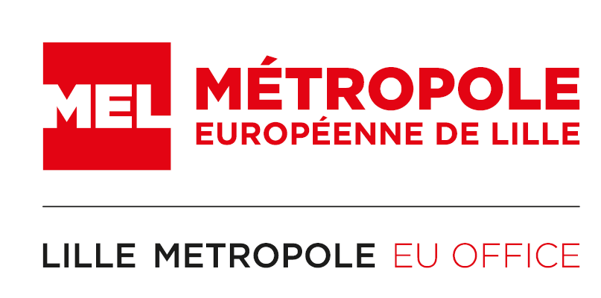
Within the residential sector, there are specific challenges in degraded old neighbourhoods, where, in most European cities a significant number of difficulties are crystallised. These neighbourhoods are usually characterised by low quality (individual or collective) housig (energy leak houses), concentration of poverty, exclusion, etc., but also problems of pollution and lack of biodiversity, particularly in neighbourhoods bordering road infrastructure or industrial areas, degraded public spaces, a lack of shops and services. Moreover these neighbourhoods are generally more exposed to the influences of climate change (heat islands, flooding problems, etc.) Several types of innovative urban renewal projects have been carried out in almost all European cities in recent decades. Most of these projects have been enriched by improving energy performance, the use of bio-based materials, taking into account the circular economy, but also by giving more emphasis to citizen participation in innovations in public spaces, etc. Today there is a range of (proofed) solutions for the sustainable and energy renovation of neighbourhoods and housing. An essential question, however, remains “how to massify and accelerate these dynamics, while placing more emphasis on energy performance and nature-based solutions in a balanced economic model for all stakeholders?”
Relationship to NEB objectives and prospects for cooperation and funding
The NEB aims to create beautiful, sustainable and inclusive neighbourhoods by fostering new ways of living together and accelerating the green transition. The challenge is to create synergies around these 3 key dynamics that allow all European citizens to access at lower cost, goods from the circular economy, short circuits that emit less greenhouse gases and regenerate nature and biodiversity. Almost all the objectives of the NEB are fulfilled within the challenges of the renovation of the old neighbourhoods and in particular within the four axes that the European Commission has defined:
- Reconnecting with nature
- Regaining a sense of belonging
- Prioritising the places and people that need it the most
- The need for long-term, life-cycle thinking in the industrial ecosystem
Consequently, several opportunities for co-financing, experimentation and labelisation can be found in the programmes that will integrate the implementation of the NEB, organised in 3 categories:
- Transformation of places on the ground Calls: Horizon Europe, IUA, FEDER,
- Transformation of the enabling environment for innovation Calls: Cosme, Life, Horizon Europe
- Diffusion of new meanings Erasmus+, (à compléter…)
Objectives and questions for the workshops
The workshops aim to identify problems, or even solutions to work together between European cities and regions and their local operators, in order to build tomorrow projects capable of capturing EU funding and/or participating together in NEB dynamics.
Examples of questions for the workshop:
- How can the challenges of massification and acceleration of sustainable, beautiful and inclusive renovation of degraded old neighbourhoods be reconciled with taking into account the specific local context of each neighbourhood/building?
- How to create an economic value chain involving craftsmen, circular economy actors, suppliers of local (bio-based) materials, citizens, ... able to keep up with a sustained pace of large-scale renovation by relying on nature based solutions?
- How to infuse new dynamics and new ways of living together in neighbourhoods through the renovation of housing and public spaces (e.g. through participatory projects, social innovation, culture and inclusion, ...)?

